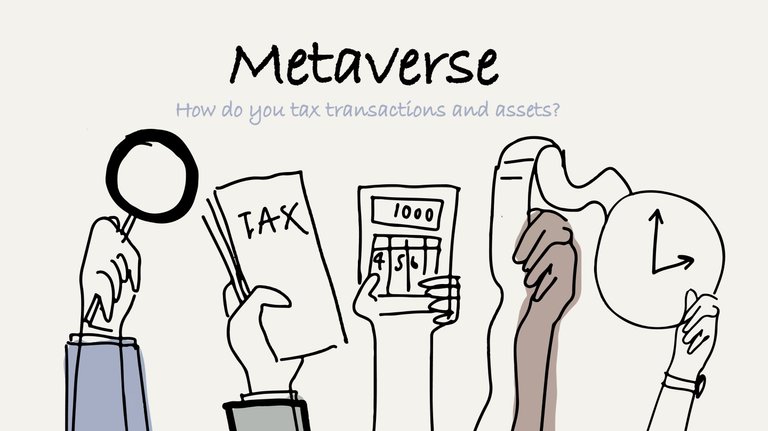
The Metaverse has become that digital extension that promises to be the future of human interaction. Fueled by advanced technologies such as virtual reality, augmented reality, and blockchain, this virtual space allows us to create and accumulate wealth in previously unseen ways. However, with this new form of wealth, inevitable questions arise about its regulation and taxation.
Within this digital universe, assets are not merely intangible. They have real value, often translated into fiat. Therefore, it stands to reason that, like any other form of wealth or asset, it should be subject to taxation.
However, the unique nature of the Metaverse presents challenges in terms of how this taxation should be addressed.
Metaverse - a tax haven?
Delving further into the matter, we find that the debate over the taxation of the Metaverse is more than merely theoretical. Companies such as *Linden Labs *have already begun to take proactive measures, establishing mechanisms to tax certain transactions within their platform. This pioneering action begs the question: Is this the beginning of a broader trend?
Furthermore, the distinction between different types of Metaverse adds another layer of complexity. On the one hand, we have purely imaginary virtual spaces, and on the other, reflections of the real world. **Which to tax and which not to tax? How do you tax transactions and assets? **
Christine Kim, a Harvard legal scholar, has shed light on this issue, suggesting that not correctly taxing the Metaverse could create a new tax haven. This concern cannot be ignored where tax avoidance and fairness are hot topics.

Innovative tax policies
Looking ahead, it is clear that Metaverse taxation is an evolving issue. As more companies follow Linden Labs' lead, we will likely see a push towards more standardized regulation. However, adapting current legislation and ensuring digital security will be crucial in this process.
Change in the digital landscape, such as Facebook's recent name change to Meta Platforms, Inc., is a testament to the growth and importance of the Metaverse. This interest from large corporations suggests that the tax implications in this space will only gain more prominence in the coming years.
Finally, opinions on how the taxation of the Metaverse should be addressed are mixed. While some see the need to tax the Metaverse to ensure fairness, others see it as an opportunity to experiment with innovative tax policies.
What is indisputable is that this is not only a tricky issue but requires innovative and thoughtful solutions.
I leave you with a question:
Would you pay your taxes if the Metaverse is taxed? Or, as a space bidding to decentralize, would you disagree?

The world is advancing likewise things are changing and improving towards financial progress with it impact showcasing both the positive and negative side of it.
Like any new technology, we will have to discover how we act in it, how we handle all the new things it can bring us, for better or for worse, as you rightly say.
I think that as the subject is already controversial, creative solutions will appear, and both detractors and defenders.
Thanks for stopping by mate
Congratulations @yaroschain! You have completed the following achievement on the Hive blockchain And have been rewarded with New badge(s)
Your next target is to reach 400 comments.
You can view your badges on your board and compare yourself to others in the Ranking
If you no longer want to receive notifications, reply to this comment with the word
STOPCheck out our last posts:
It's hard to decide currently between the two. Both sides have their own merits, I don't think we would want the Metaverse to be the new tax haven where everyone parks their wealth tax free. But taxing on an intangible sphere that's global and potentially decentralized could be like trying to repeat the same problems we had in physical reality. It will seems constricting and perhaps unfair, due to geographical differences.
Although it is difficult to choose, because you are right; what is certain is that a balance will have to be found, because if it is not taxed there will be a tax haven and it will not be fair or equitable, and perhaps not decentralized either, because what will happen if wealth accumulates without limits or basic rules?
It is, like all issues related to decentralization, complicated and tricky.